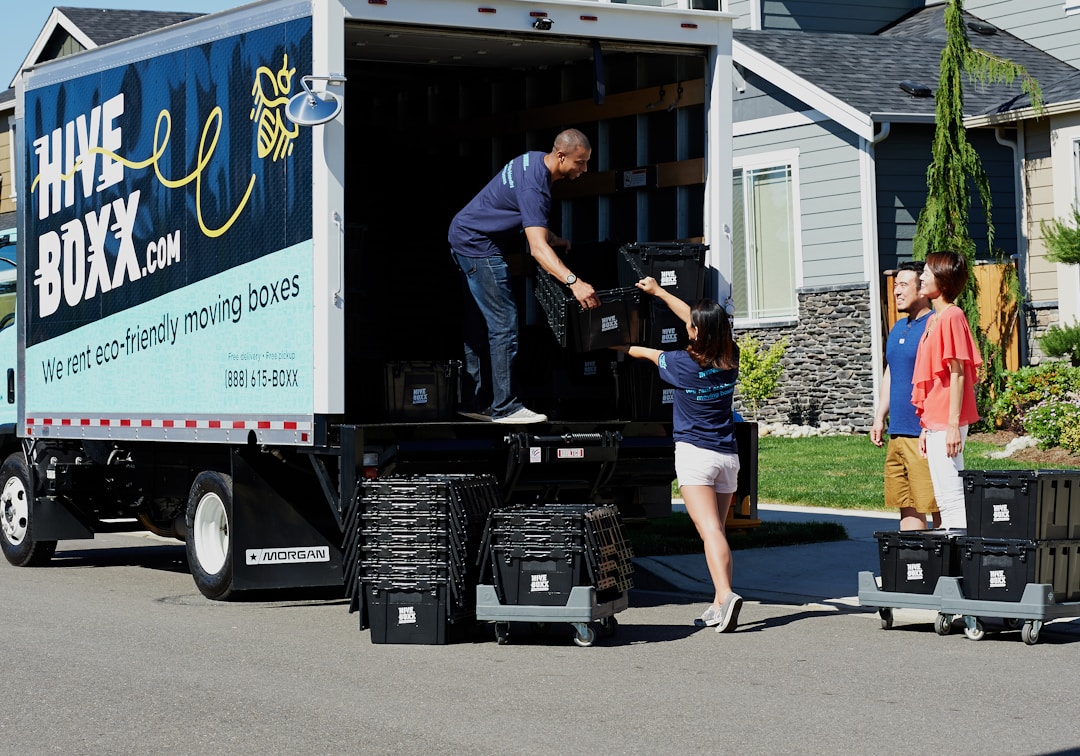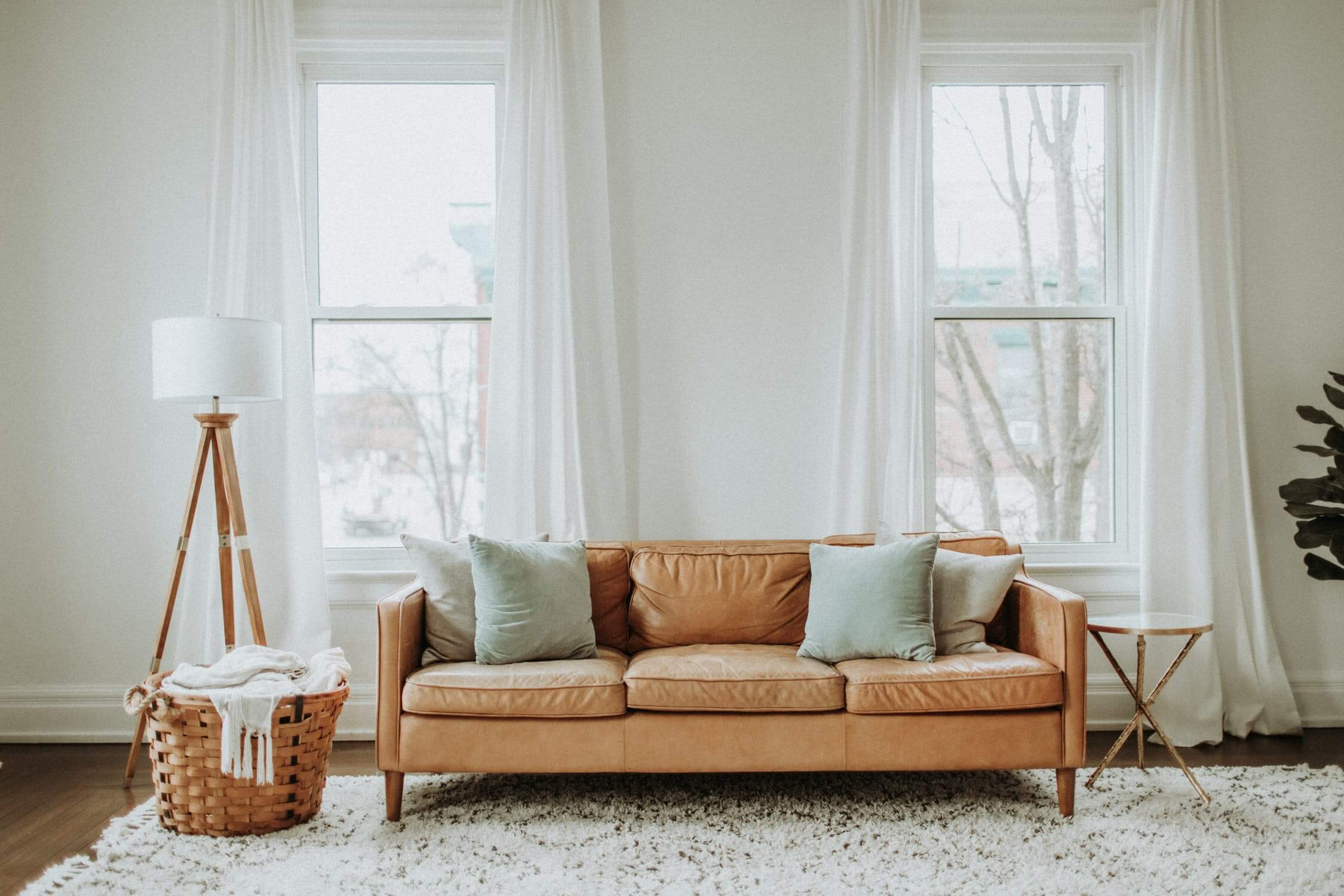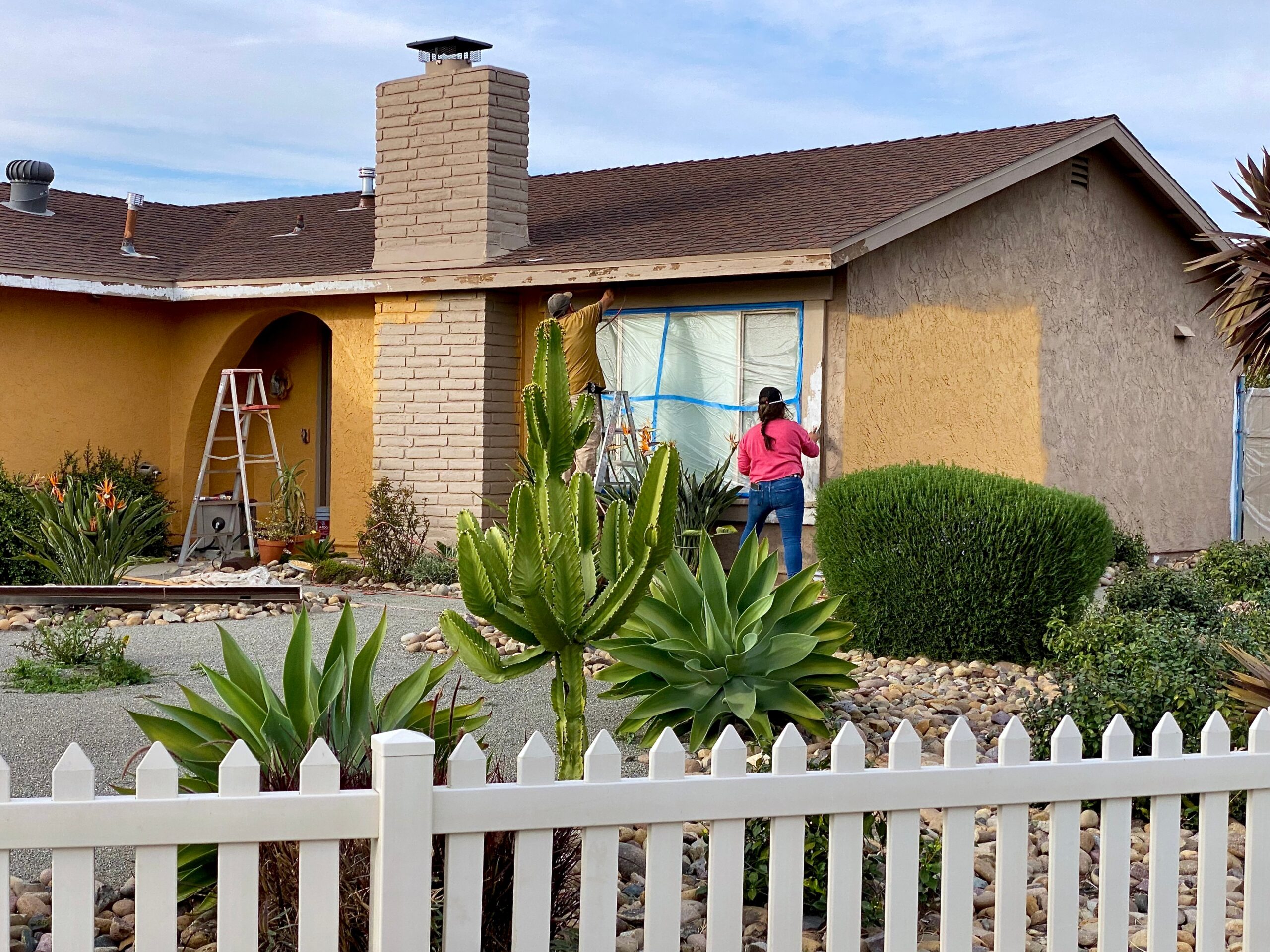The decision on whether to rent or become a homeowner is a big one. Understanding the differences in responsibility and freedom when it comes to renting versus owning a home is important before taking the plunge in either direction. If you’re not sure if you’re ready to buy your first house or if renting might be a better option for you, read on.
Freedom to Make Changes

Homeowners have a distinct advantage over those who rent when it comes to the ability to make changes in their living spaces. With homeownership comes the freedom to make minor and major changes to a new home, like putting in new fixtures and appliances or even a new front door, without asking for permission. Other than town permits required for major add-ons or upgrades or homeowners association rules, homeowners are free to make changes to their homes any time they like.
Maybe you’re a homeowner who uses America’s 1st Choice Home Club to protect your property and major home systems. For someone like you, deciding to increase your home value with a little weekend curb appeal or plumbing work is as easy as making a trip to the hardware store or hiring a handyman or carpenter. Renters don’t have this option and need to put in a service request with a landlord or property management service if something goes wrong with their dishwasher, refrigerator, or any other appliance.
Home Appreciation and Investment Potential

Home improvement projects and the ability to make home upgrades aren’t the only perk to homeownership. Over time, homes appreciate the value and can later serve as investments. That is, the equity you put into your home can be later pulled out and could mean peace of mind in retirement or serve as funding for investment purposes.
On the other side, renters save money on things like heating systems, coverage plans, new faucets, and even that fresh coat of paint as improvements and upgrades are up to the landlord. If there was a flood on the property, for example, it would be the landlord’s responsibility to take the service call, order a sump pump, and get an electrician in to help. A renter could put extra money not used for home improvement projects straight into investments and not have it tied up in home equity.
Responsibility and Freedom to Move

Renters have the perk of more options when it comes to location and moving. For most renters, the average lease is only a year long. Some renters even lease their apartments or homes on a month-to-month basis. These tenants have the ability to make big changes in their lives as far as chasing careers, trying out new areas, and more, where homeowners are more rooted. Renters can pick up and move from Nevada to New York at a moment’s notice.
Renting comes with the perk of less responsibility, too. In the fine print of most leases is the fact that it’s the landlord’s responsibility to maintain and fix any big issues or appliances. Homeowners, on the other hand, don’t have this option. When something breaks, and you own the home, it’s your job to fix it. Without a home warranty plan, that could get expensive.
Monthly Expenses

There’s a big difference between the monthly expenses of the average homeowner and renter. Someone who owns a home will pay monthly fees for home insurance, taxes, and property upkeep and maintenance. A renter will pay one set fee to a landlord and may or may not opt for renter’s insurance. This does not mean that renting is cheaper than owning a home. Depending on a home’s value, where a property is located, and other factors, one could be surprisingly higher or lower than the other.
At the end of the day, the decision of whether to rent or become a homeowner is entirely up to you. A great way to make a decision is to write out a pros and cons list. By considering your overall lifestyle, why you might like a change in the first place, how sure you are about your career and location, and what your big picture goals are, you’ll be one step closer to making this important decision.







